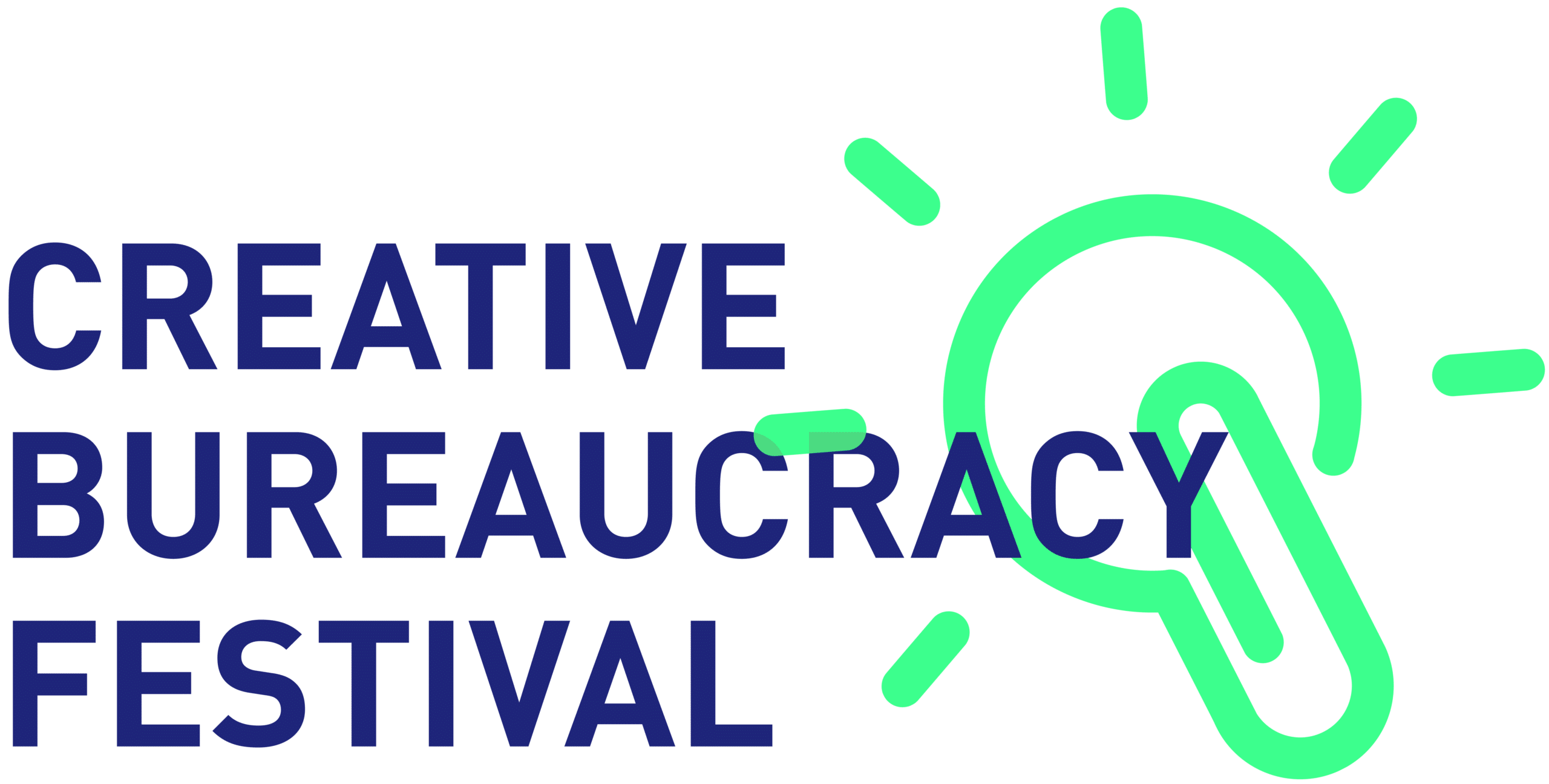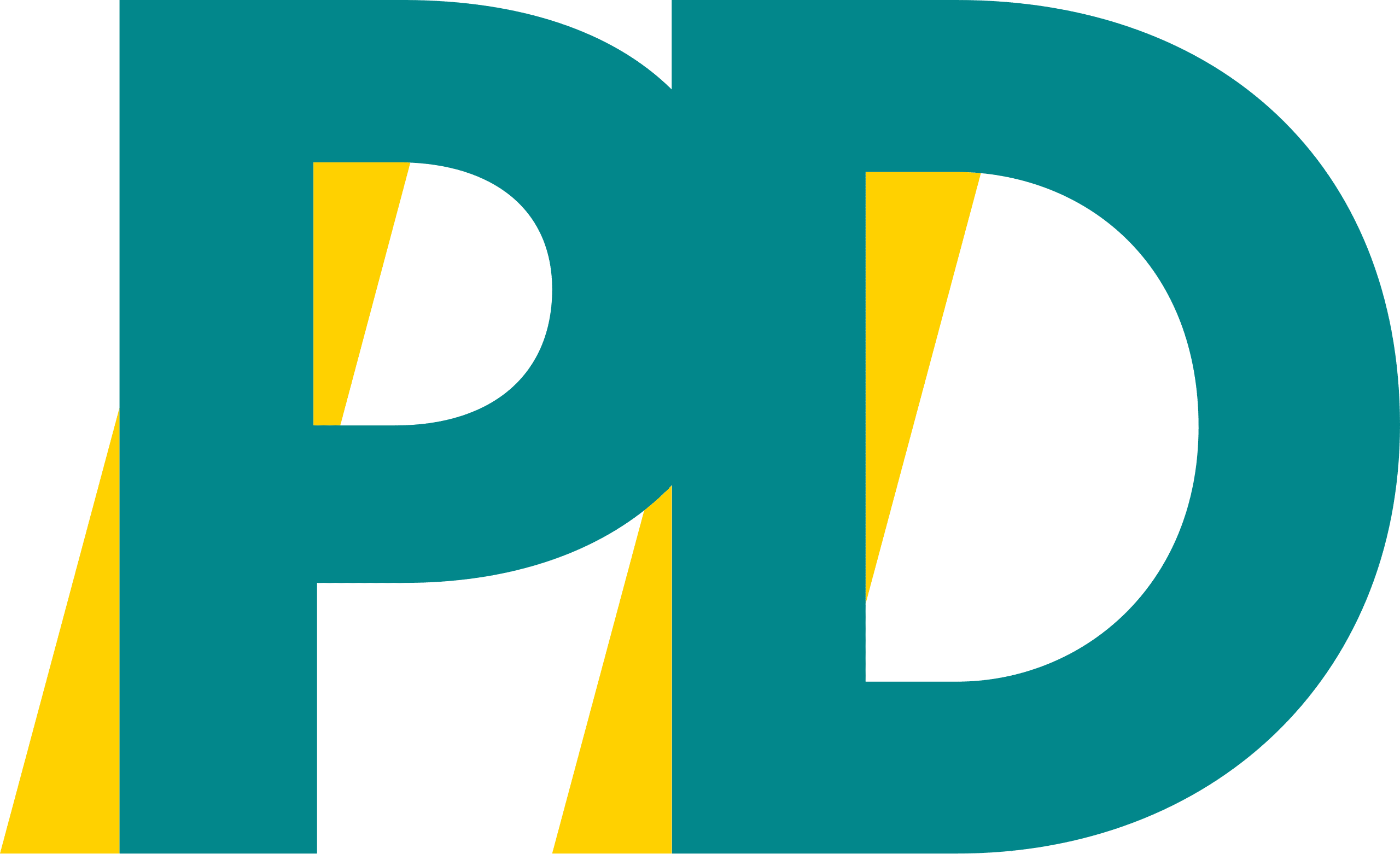Germany has acquired somewhat of a reputation for lagging behind when it comes to modernising, and in particular digitalising, its public administration. When compared to leading countries like Estonia or Denmark, this gap is up to as much as 20 years, says Prof. Jeanette Hofmann, founding director of the Alexander von Humboldt Institute for Internet and Society in Berlin. In her conversation with Julia Stamm, Jeanette Hofmann shares insights on why this is the case and where Germany’s biggest challenges lie when it comes to enabling effective knowledge transfer between science and policymaking. Drawing on her extensive experience as part of scientific enquiries and other processes intended to feed scientific insights into policy decision-making, she points out where positive steps forward have already been taken and where inherent dilemmas make progress hard. She also highlights possible ideas for scaling “lighthouse” project successes to wider scale transformation.
Login or Register
You need to login!
Creative Bureaucracy Festival meets Science: Interview Jeanette Hofmann
Jeanette Hofmann, Julia Stamm
Prof. Dr. Jeanette Hofmann ist Politikwissenschaftlerin und leitet am WZB die Forschungsgruppe „Politik der Digitalisierung“. Sie ist Gründungsdirektorin des Alexander von Humboldt Instituts für Internet und Gesellschaft und Professorin für Internetpolitik an der FU Berlin. Am Weizenbaum-Institut leitet sie als Principal Investigator zwei Forschungsgruppen zu den Themen Demokratie und Digitalisierung und Quantifizierung und gesellschaftliche Regulierung. Sie ist Mitglied der Wissenschaftlichen Kommission Digitalisierte Gesellschaft der Leopoldina. Von 2010 bis 2013 war sie Sachverständige in der Enquete-Kommission Internet und digitale Gesellschaft des Deutschen Bundestages.
Auf internationaler Ebene hat sie am UN-Weltgipfel zur Informationsgesellschaft und dem Internet Governance Forum mitgewirkt. Ihre aktuelle Forschung beschäftigt sich mit Digitalisierung und Demokratie sowie der Entstehung von Internetpolitik in Deutschland. Weitere Forschungsschwerpunkte betreffen die Regulierung des Internet auf internationaler Ebene und Big Data als Gegenstand wie auch als quantifizierende Form von Regulierung.
Dr. Julia Stamm is the founder of The Futures Project (TFP), an international non-profit initiative to ensure that innovation and technology serve the needs of people and planet.
In November 2021, Julia received the Digital Female Leader Award, category Global Hero, for her work. Julia has long-standing leadership and management experience in national and international academic institutions and international organisations, such as European Cooperation in Science and Technology and the European Commission. She regularly advises national and international organisations and institutions on issues around science, policy & innovation.


